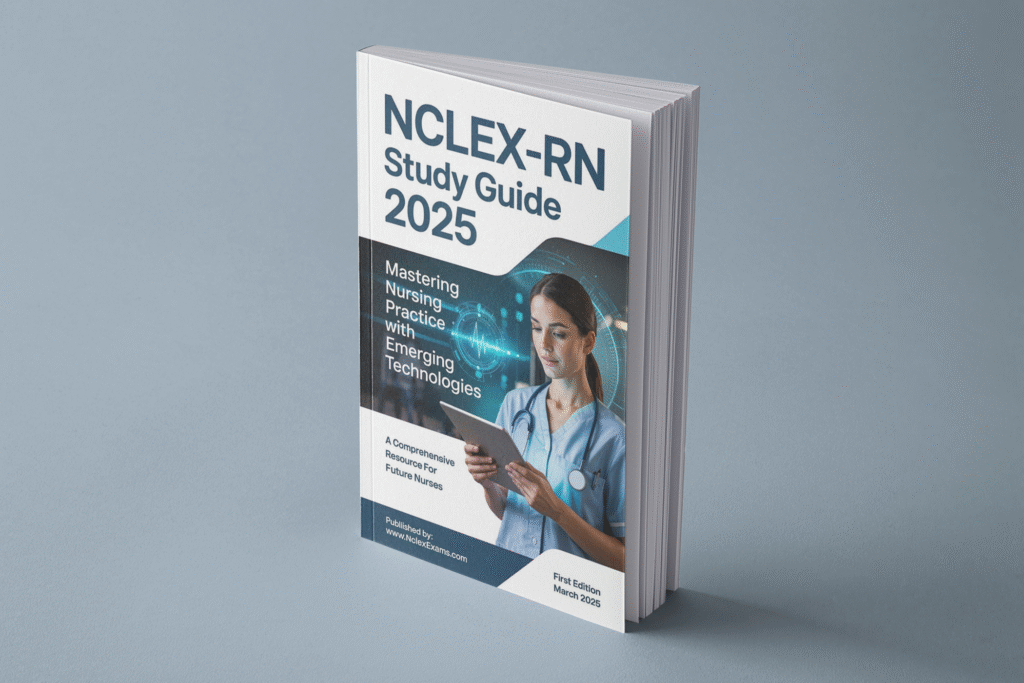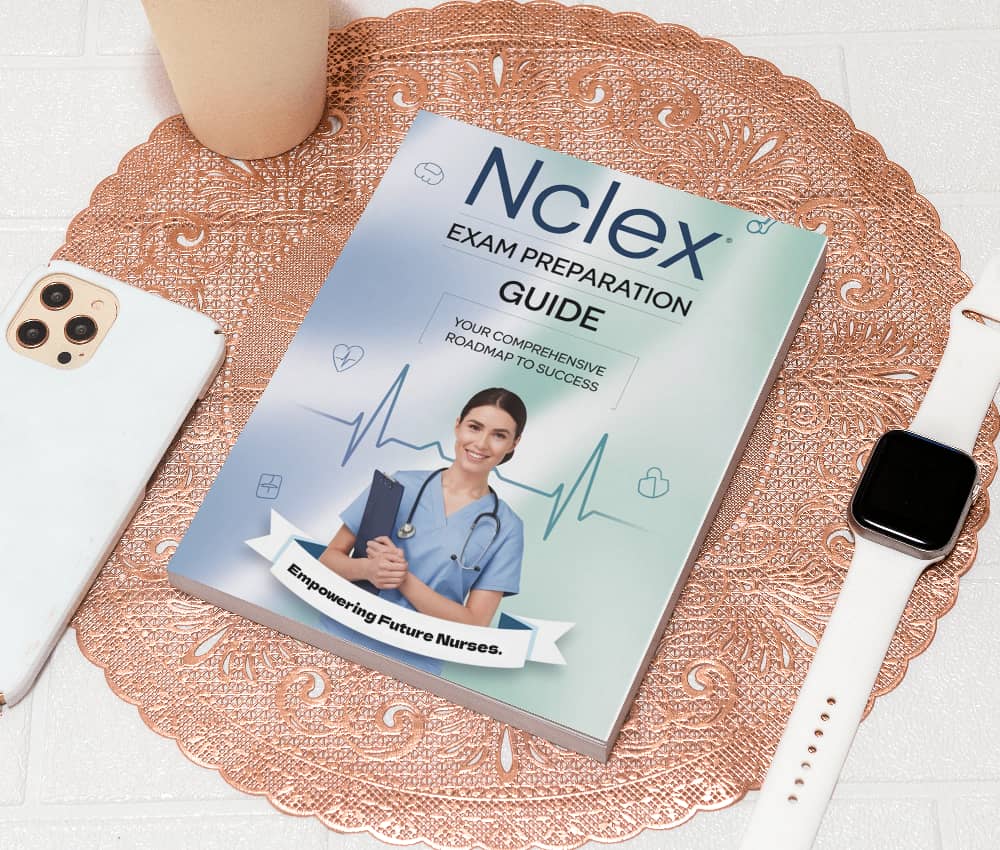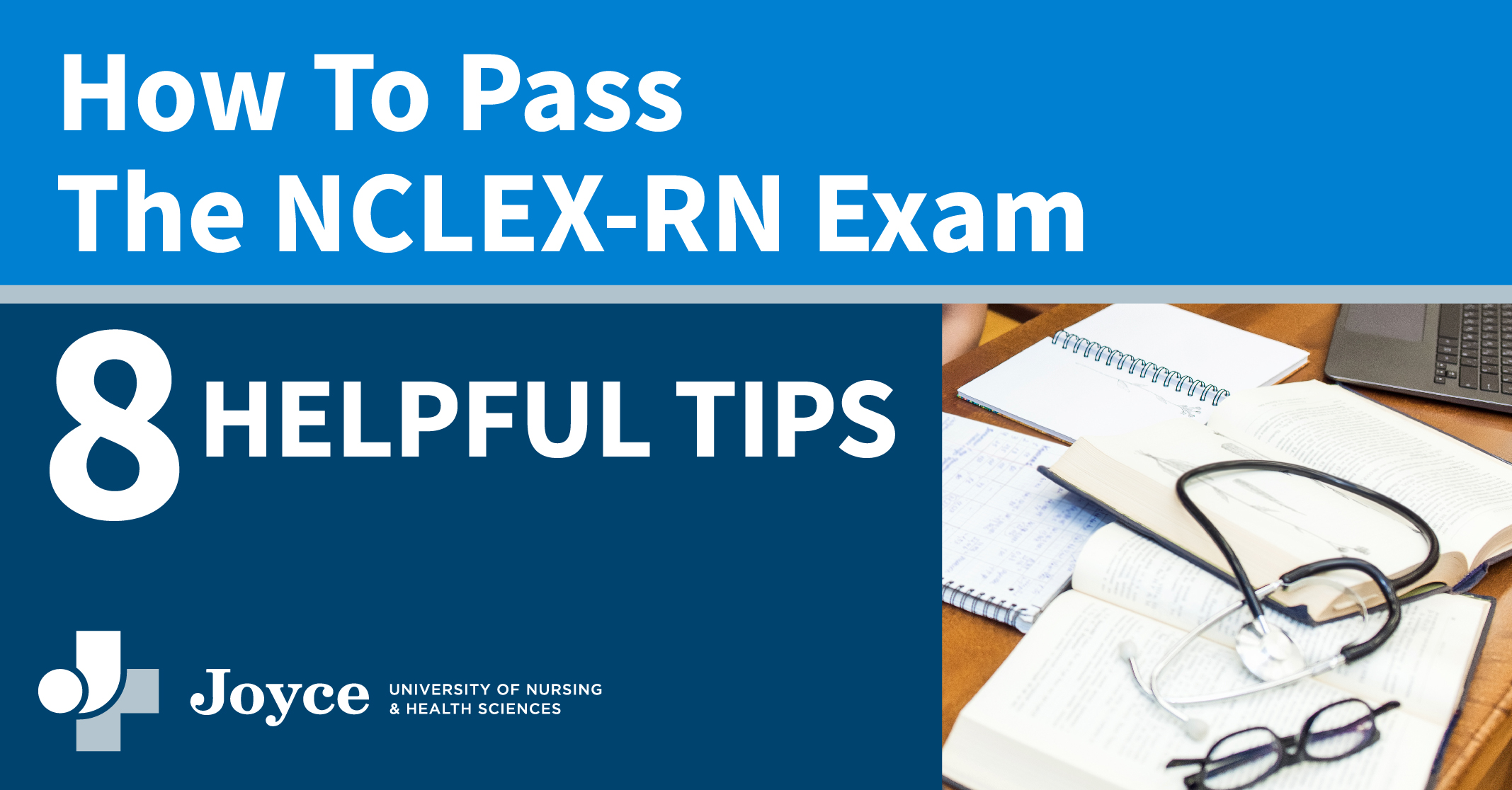The National Council Licensure Examination (NCLEX) is the standardized test that every aspiring nurse in the United States and Canada must pass to obtain their nursing license. It serves as a critical gateway, ensuring that all entry-level nurses possess the fundamental knowledge, skills, and abilities required to provide safe and effective patient care. This comprehensive guide will delve into what the NCLEX is, its importance, structure, and how to best prepare for this pivotal examination.
Table of Content
What is the NCLEX?
The NCLEX is developed and administered by the National Council of State Boards of Nursing (NCSBN). Unlike academic exams that assess what you’ve learned in nursing school, the NCLEX evaluates your ability to apply and analyze nursing knowledge in real-world clinical situations. It’s designed to determine if you are competent to begin practicing as an entry-level nurse, thereby protecting the public.
There are two main versions of the exam:
- NCLEX-RN (Registered Nurse): For graduates of associate degree in nursing (ADN) and bachelor of science in nursing (BSN) programs.
- NCLEX-PN (Practical Nurse/Vocational Nurse): For graduates of practical nursing programs.
The Importance of the NCLEX
Passing the NCLEX is a non-negotiable requirement for nursing licensure. Without it, you cannot legally practice as an RN or PN/VN. The exam acts as a safeguard, ensuring that all licensed nurses meet a minimum standard of competency, which is crucial for patient safety and quality healthcare delivery. The continuous evolution of the exam, including the recent Next Generation NCLEX (NGN), reflects the dynamic nature of healthcare and the increasing complexity of nursing practice.
Exam Format: Computer Adaptive Testing (CAT)
The NCLEX utilizes a Computer Adaptive Testing (CAT) format. This means the exam is tailored to your individual performance. The computer selects questions based on your previous answers: if you answer correctly, the next question will be more difficult; if you answer incorrectly, it will be easier. This adaptive technology allows for a highly efficient and precise assessment of your competency level.
Key features of the CAT format include:
- Variable Question Count: The number of questions you receive can vary. The exam stops when the computer determines with 95% certainty whether you have passed or failed, or when you reach the maximum number of questions (150 for NGN) or the time limit (5 hours).
- Pass/Fail Outcome: The NCLEX is a pass/fail exam. You do not receive a numerical score; instead, you are informed whether you met the passing standard.
Bestsellers
Content Areas of the NCLEX
The NCLEX content is organized around four major Client Needs categories, which are consistent across both the NCLEX-RN and NCLEX-PN, though the depth and complexity of questions differ:
- Safe and Effective Care Environment: This category includes Management of Care (e.g., delegation, supervision, ethical practice) and Safety and Infection Control (e.g., accident prevention, standard precautions).
- Health Promotion and Maintenance: Focuses on the nurse’s role in health screening, disease prevention, and promoting healthy lifestyles across the lifespan.
- Psychosocial Integrity: Addresses the emotional, mental, and social well-being of clients, including coping mechanisms, mental health concepts, and cultural considerations.
- Physiological Integrity: This is the largest category and covers physical care. It includes Basic Care and Comfort (e.g., hygiene, nutrition), Pharmacological and Parenteral Therapies (e.g., medication administration, IV therapy), Reduction of Risk Potential (e.g., diagnostic tests, complications of procedures), and Physiological Adaptation (e.g., pathophysiology, medical emergencies).
The Next Generation NCLEX (NGN)
Introduced in April 2023, the NGN is a significant update designed to better assess clinical judgment. This involves your ability to observe and understand patient situations, identify concerns, prioritize actions, and evaluate outcomes. The NGN incorporates new item types, such as extended multiple-response, extended drag-and-drop, cloze (drop-down), enhanced hot spot, matrix/grid, bowtie, and trend questions, often presented within realistic case studies. These new formats require a deeper level of critical thinking and decision-making.
Preparing for the NCLEX
Effective preparation is crucial for success. Here are some key strategies:
- Start Early and Consistently: Begin your preparation well in advance and maintain a consistent study schedule.
- Utilize Quality Resources: Invest in reputable NCLEX review courses, study guides, and question banks that are updated for the NGN.
- Practice Extensively: Work through thousands of practice questions. Focus on understanding the rationales for both correct and incorrect answers to reinforce learning.
- Develop Clinical Judgment: Engage with case studies and critical thinking exercises. Learn to analyze patient data, identify priorities, and anticipate potential outcomes.
- Master Test-Taking Strategies: Familiarize yourself with all question types. Practice prioritization techniques (e.g., ABCs, Maslow’s Hierarchy) and learn to identify keywords.
- Simulate Exam Conditions: Take full-length practice tests under timed conditions to build stamina and manage test anxiety.
- Prioritize Self-Care: Ensure adequate sleep, nutrition, and stress management. A healthy mind and body are essential for optimal performance.
Conclusion
The NCLEX is a challenging but surmountable obstacle on your journey to becoming a licensed nurse. By understanding its purpose, format, and content, and by committing to a diligent and strategic preparation plan, you can confidently demonstrate your readiness to provide safe and effective patient care. Your success on the NCLEX is not just a personal achievement; it’s a testament to your dedication to the nursing profession and your commitment to public health.





